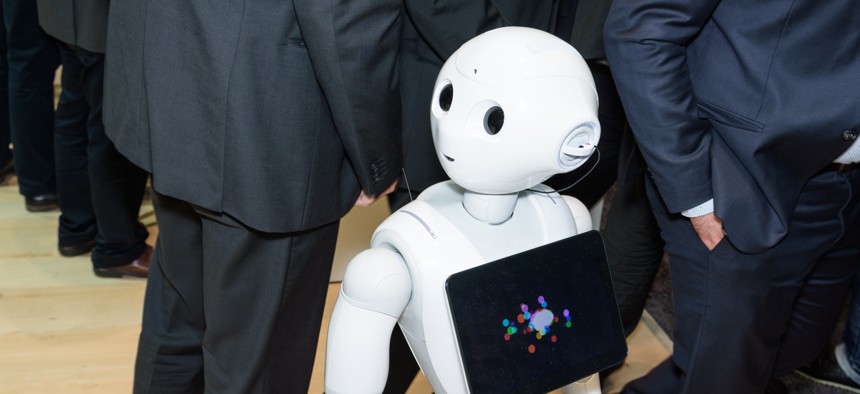90% of People Think AI Will Take Away the Jobs of Other People

Shutterstock
Survey: 48% of people think they'll soon have an AI employee.
In July, we surveyed 1,600 Quartz readers—from 84 countries, though the majority of those who chose to take part came from the US—for their opinions about artificial intelligence, including about their perceptions of job loss to AI and robots.
People were anxious; 90% of responders thought that up to half of jobs would be lost to automation within five years. That’s a lot, more than most of the studies conclude, include studies conducted by Oxford University (pdf) and McKinsey Global Institute. But, paradoxically, we found that everyone thought it was going to happen to someone else. In our survey, 91% don’t think there’s any risk to their job and 94% don’t think they’ll be working for an AI boss—but 48% think they’ll have an AI employee (all within five years).

Interestingly, we found virtually no association between how a respondent viewed their chances of losing their job and their familiarity with AI. But of the people who were certain they would lose their job to an AI within five years, 89% thought that AI should “definitely” be regulated.
How do we explain that people think job loss is going to happen, but not to them? One explanation is a cognitive bias whereby people believe that others are at more risk of a negative event than they are. And there is how well you’re doing at the moment. In our survey, 55% of people earning less than $75,000 per year thought it was certain that they would lose their jobs to automation while the majority of respondents paid over $200,000 per year responded that it was definitely not going to happen to them. Similarly, high earners thought they would be the boss of the AI while a similar proportion of lower income earners considered that they would have an AI boss.
These results suggest that the highest earning and most powerful feel far more optimistic about automation while those in lower-paying jobs feel much less in control. And our data would suggest that if people think their job is at risk of automation, they will consider that the only way to control it is regulation.
Helen Edwards and Dave Edwards are co-editors at Quartz AI, where this article was originally published.
NEXT STORY: EEOC preps for #MeToo complaints





